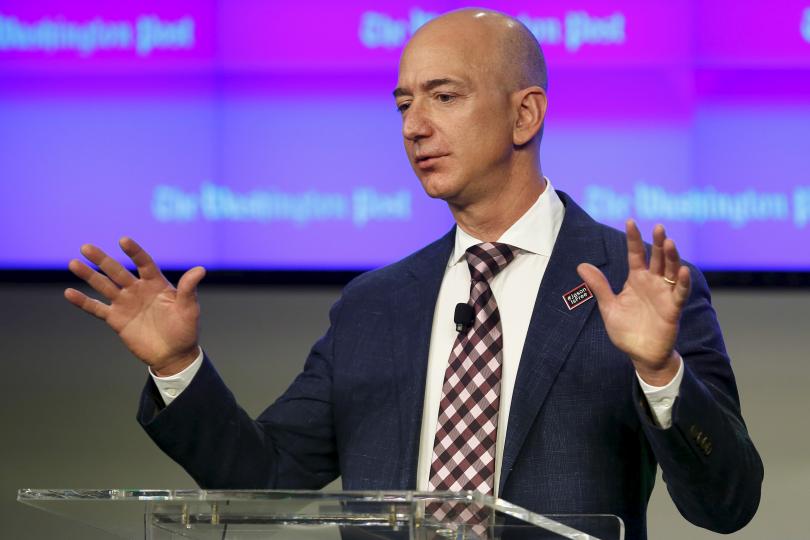
From the 36 gubernatorial races to some key state congressional races, education will be a major issue on Election Day. We’ve reported previously on how a record number of educators who are themselves running. There were teacher walkouts in six states this year. That issue alone has gotten people mobilized.
There’s something else that’s bringing education to the midterms: Betsy DeVos, the polarizing education secretary.
She has been mentioned in $3 million worth of political TV ads and dozens of Facebook ads, according to a new analysis by Politico. One analyst called her “shorthand” for “a lot of Trump administration bad stuff.”
Another thing to watch: Ballot measures in several states across the country could generate almost $2.6 billion in revenue for public education via taxes and bonds. That’s according to the left-leaning Center for American Progress.
Educators promise to encourage voting
Speaking of the midterms, a number of prominent educators have signed on to an online pledge to encourage students to vote in the elections. They agreed to things like recording classes for students, distributing notes and excused absences on Nov. 6.
The list includes former Secretaries of State Madeleine Albright (now a professor at Georgetown) and John Kerry (at Yale) and former Secretary of Education Arne Duncan (UChicago).
Rural teens experience homelessness
A national analysis of rural youth homelessness shows that about 1 in 30 teenagers will experience some form of homelessness at least once over the course of a year.
These homeless teens are also less likely to be employed or in school, and more likely to go unnoticed because of “couch surfing,” sleeping in vehicles, or even sleeping outside. The report was conducted by Chapin Hall, a research center dedicated to policies for youth, children and families, at the University of Chicago.
Universities sue the federal government over immigration rules
Four universities have filed a lawsuit against two federal agencies, the U.S. Department of Homeland Security and the U.S. Citizenship and Immigration Services, over rule changes that may make it harder for students, scholars and professors from overseas to stay in the U.S.
The lawsuit alleges that the Trump-era rule change may subject international students and professors to multi-year re-entry bans.
The plaintiffs are Foothill-DeAnza Community College District in California and three private liberal arts colleges: the New School in New York City, Haverford College in Pennsylvania, and Guilford College in North Carolina.
U.S.-accredited university could leave its Budapest home
The Central European University has until Dec. 1 to secure a deal with the Hungarian government to stay open. Until then, CEU has announced that all incoming students will have to study at their new campus in Vienna, Austria.
The decision comes amid a general crackdown by the Hungarian Prime Minister Viktor Orbán on academic freedom and other aspects of civil society.
Hungary’s parliament, which supports Orbán, passed a law last year that said foreign schools couldn’t enroll Hungarian students if those same students didn’t have the opportunity to enroll in classes in that foreign school’s respective country. In the case of CEU, the school launched a program in New York as a response to the law but Hungary’s government has not recognized it.
Hungarian-American billionaire George Soros founded the CEU in the early 1990s, dedicated to liberal arts and critical thinking.
New report on college preparation
Students in predominantly poor and small schools had less access to high school courses that help prepare them for college, according to a new report from the Government Accountability Office.
The research found that high-poverty schools — and smaller schools — were less likely to offer advanced classes like calculus or physics. They were also less likely to have Advanced Placement or AP classes (which allow students to earn college credit).
“These advanced level classes are important because they’re what colleges are looking for in prospective students,” Jackie Nowicki, an education researcher with the GAO, told NPR. “Not only do they make students applying to college more competitive, but they help better prepare them for the rigors of college.”
[“source=cnbc”]



